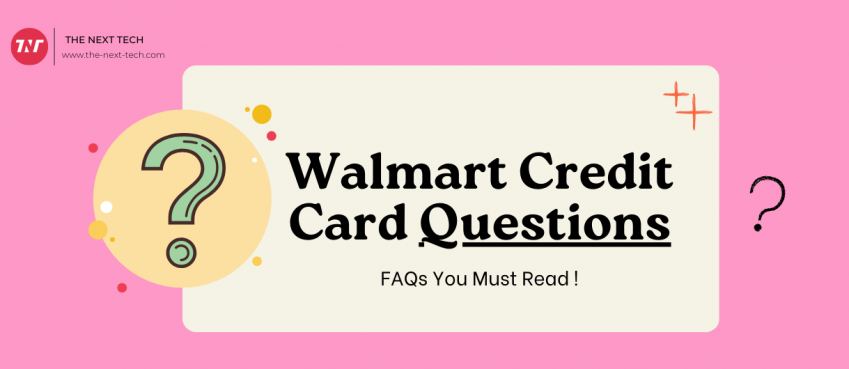
When you launch a new product or service, there is always the risk that it may not be fully financially viable. You might want to take into account the fact that people may not see your product in the best light, either because they are too impatient or too uneducated about what you’re offering.
What happens is that when someone purchases your product, they are likely going to take advantage of something called a chargeback. It can be harmful to any business, especially if you started the company recently. To decrease chargebacks and grow your business with fewer worries, you can use Chargebaсkhit. This is a flexible chargeback prevention platform. That’s where this article will help educate business owners and those who run websites about how does chargeback process works and what to consider when working with chargebacks.
What Is The Chargeback Process?
The chargeback process can be defined as a reimbursement of a buyer’s transaction that purchases with their credit card. This might seem like a simple process, but it is not. Chargebacks, along with their nearly identical counterpart reversals, are something that you need to take very seriously.
The chargeback process is a way for customers to receive their money back when they do not get the product or service they were promised. A chargeback occurs when a customer initiates a request with the credit card company to revoke or reverse the charges that they authorized on their card.
The main two reasons why someone would initiate this kind of action are that either they didn’t receive their product or service according to what was agreed upon, or they believed that they were charged twice, and both cases can be problematic.
Also read: Walmart Pharmacy Hours & Number (Complete Guide!)Who Are The Participants In The Chargeback Process?
In the chargeback process, there are five main participants: the customer, the merchant, the issuing bank, the acquiring bank, and the credit card network. The first one is the customer who initiates the chargeback. They can be any person who has a card and gets charged for a product or service that they didn’t receive.
The second participant is the merchant who sold the product or service to this customer. The third participant is the issuing bank in the chargeback process. This is a bank that made the card and, therefore, can be contacted by the acquiring bank when a chargeback occurs in order to clarify any necessary details.
The fourth participant is the acquiring bank, which is responsible for processing transactions and getting money from customers to make sure that merchants get paid. The last participant would be the credit card network, a company that manages credit cards and any activities related to them.
How Can Merchants Fight Chargebacks?
When a customer initiates a chargeback against you, you need to respond to this request because, in another way, you’ll be charged. So the right way for any merchant is to appeal the chargeback using the following evidence:
- The date of transaction.
- Delivery verification.
- All the transaction history.
- All the communications between the customer and cardholder about the order.
- Any information about the order delivery.
There may be any other evidence depending on the substance of the claim.
What Happens When You Accept A Chargeback?
When you accept chargeback, any amount you were supposed to pay to the customer will be subtracted from your bank account, and you have nothing left. This might be difficult to accept, especially if this is the first time this has happened, not only because you’re not used to it but also because there are always ways to avoid chargebacks.
When you agree to a chargeback, you’ll be charged and pay the transaction fee. Then your funds will be removed from your account, and the money will be returned to the person who initiated the chargeback.
Also read: How To Refinance Student Loans? Top Companies List + FAQsWhat Are The Best Ways To Prevent Chargebacks?
Your best way to prevent chargebacks is to handle them properly before they happen. Make sure that customers have complete confidence in your products or services. If they’re not satisfied, they’ll probably initiate a chargeback.
Offer high-quality service. You always need to offer an efficient service, just in case the product is not what the customer wants, he’ll be able to return it without any trouble. Display clear and accurate information about your business on all of your transactions.
What Happens After The Chargeback Process?
The chargeback process will end up in one of the following three outcomes, which are:
- A merchant refuses a chargeback. This is the hardest thing to accept because you might think this situation is impossible. Yes, it is possible if you do everything right to prevent this from happening. However, if the customer does not have evidence to support his claim, he might not even get charged back.
- Retain the transaction and file an appeal. If your customer’s claim is valid but with some changes or modifications, see that that could still be a success for your business, follow this last route.
- Appeal the case against the customer. You will have a lot of information on your side, which means you could win the chargeback, but it may be difficult to convince your bank.
Conclusion
Chargebacks are a reality for every merchant. However, it is possible to prevent them from happening, and it is possible to be victorious in the end if you follow these guidelines carefully. You need to know some important aspects about chargebacks, which will help you keep the numbers in your favor.
Top 10 News
-
01
10 Top-Rated AI Hugging Video Generator (Turn Images Into Ki...
Monday December 23, 2024
-
02
10 Top-Rated Face Swap AI Tools (Swap Photo & Video Ins...
Friday December 20, 2024
-
03
10 Exciting iPhone 16 Features You Can Try Right Now
Tuesday November 19, 2024
-
04
10 Best Anatomy Apps For Physiologist Beginners
Tuesday November 12, 2024
-
05
Top 10 Websites And Apps Like Thumbtack
Tuesday November 5, 2024
-
06
Top 10 Sites Like Omegle That Offer Random Video Chat
Monday October 21, 2024
-
07
Entrepreneurial Ideas To Make 5K In A Month (10 Realistic Wa...
Monday October 7, 2024
-
08
[10 Best] Cash Advance Apps Like Moneylion And Dave (No Cred...
Friday September 20, 2024
-
09
Top 10 Richest Person In The World
Tuesday August 27, 2024
-
10
Top 10 Unicorn Startups In The World (2024-25)
Monday August 26, 2024







